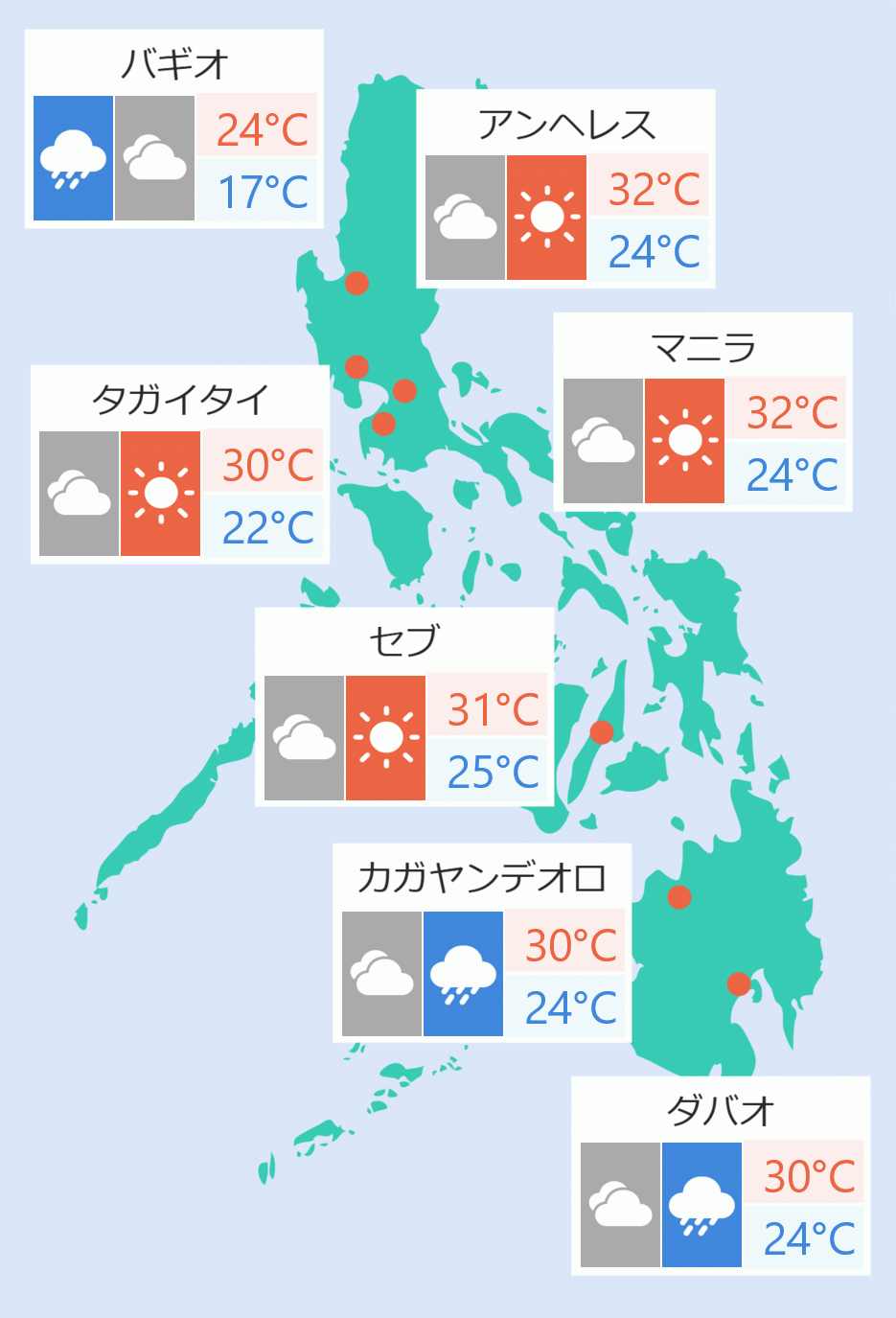President Rodrigo Duterte has signed a bill into law that provides incentives to returning Filipino experts who would share their knowledge in the country.
Republic Act No. 11035, also known as an “Act Institutionalizing the Balik Scientist Program,” was signed on June 15.
Those qualified to join in the program are Filipinos living abroad who are scientists, professionals, educators, technicians, researchers, engineers, innovators, technologists and any person with special skills or expertise.
A foreigner of Filipino descent could also participate in the program.
The Department of Science and Technology, the main implementor of the law, said Friday the new law would strengthen the implementation of its Balik Scientist Program which was first established in 1975 through Presidential Decree No. 819 but was only implemented in 1986.
Under the Balik Scientist Law, a returning scientist can participate in DOST’s Grants-in-Aid research and development.
A grant may be provided to the Balik Scientist and released through the host institution for the implementation of the project in accordance with relevant government regulations and the need of the program involved.
A returning scientist could also enjoy various compensations that include tax and duty exemptions to importation of professional equipment and materials, free medical and accident insurance covering the award period, reimbursement of expenses for baggage related to scientific projects, and even exemption from “renouncing their oath of allegiance to the country where they took the oath.”
The benefits also include special working and non-working visas, a round-trip airfare from a foreign country to the Philippines, exemption from local travel tax, and DOST-subsidized visa application.
Long-term Balik Scientist awardees could also enjoy relocation benefits, such as support in securing job opportunities for the spouse of the awardee, and admission support for the children of awardees in preferred schools, relocation allowance and monthly housing or accommodation allowance, and funding for the establishment and development of a facility or laboratory. Celerina Monte/DMS



 日本語
日本語
 English
English








